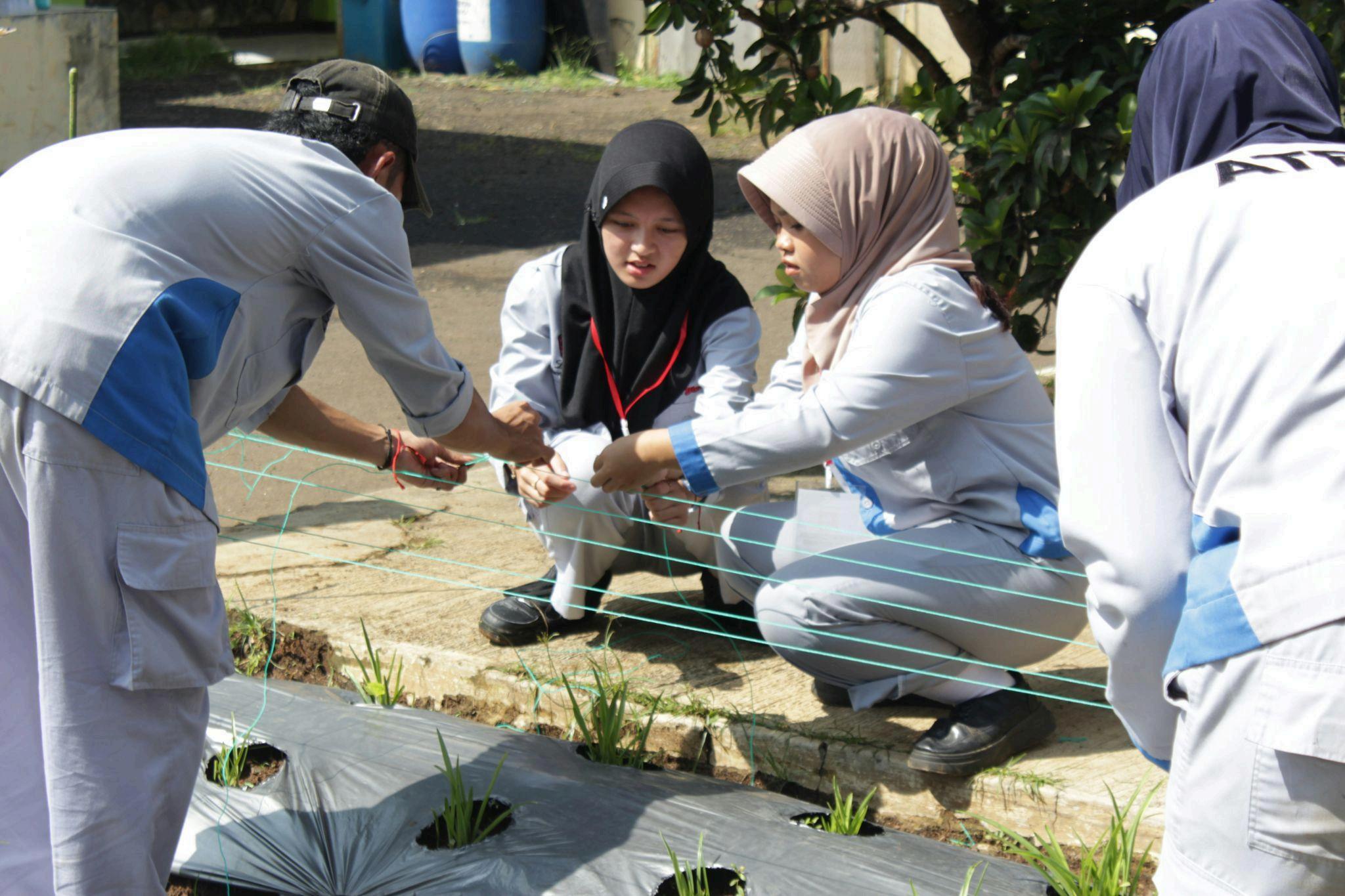Sustaining Traditions: Teaching Trades Through Shared Knowledge
Transferring trade skills through community mentorship programs ensures that valuable expertise is not lost to time but carried forward to new generations. Across history, the survival and growth of communities have depended on trades such as blacksmithing, masonry, carpentry, weaving, or farming techniques Modern society's need remains equally strong for electricians, welders, plumbers, mechanics, and other skilled professionals. Mentorship programs built within communities allow seasoned experts to share what they know with learners in a way that feels personal, practical, and directly tied to real needs. Unlike conventional schooling, these mentorships thrive on experience-basedinstruction,emphasizingtrial,error,andimprovement.
What sets mentorship apart is the bond between teacher and learner. A textbook can explain theory, but a mentor demonstrates how to hold tools,readasituation,andhandle unexpected challenges. These insights come only from years of experience, which no classroom can fully replicate. For many young learners, such mentorship can serve as a
career foundation and a lifecompass.Theylearnnotjusthowtoperformatrade,butalso howtoproblem-solve,staydisciplined,andrespectthedignityofwork.
The Mentor’s Impact on Skill and Character
In a mentorship program, the mentor’s roleextendsbeyondtrainingintechnicalabilities These experienced tradespeople model professionalism, resilience, and ethical responsibility. They show their mentees what it means to maintain safety standards, complete work with pride, and interact respectfully with clients A master craftsperson embodies not just a trade but a way of life shaped by years of perseverance and commitment.
The mentor–mentee relationship fosters growth in both directions. While the mentor provides knowledge and guidance, the mentee brings energy, curiosity, and new perspectives. Mentors often describe the joy of seeing their skills live on in the handsof someone younger. Theyfindfulfillmentinknowingthattheircontributionswillripplefar beyond themselves, strengthening not just individual careers but the resilience of entire communities
A strongmentorshiprelationshipalsoteachesmenteeshowtodealwithfailure.Mistakes, whether a miscut plank of wood or a misaligned welding seam, are inevitable in trade work. Instead of treating errors as setbacks, mentors show learners how to analyze and correct them. This builds confidence and the capacity to face challenges without fear traitsthatmatterinworkandeverydaylife.
Building Economic Pathways Through Community Mentorship
Trade skills offer a direct path to financial independence, and community mentorship programs amplify this opportunity by removingbarrierstoaccess.Manyindividualsmay not have the means to pursue university education, but mentorship programs allow them to gain valuable expertise without overwhelming costs. Learning a trade often provides quicker entry into the workforce, allowing individuals to support themselves and their familiessooner.
For communities, this is transformative A well-trained local workforce reduces reliance on outside contractors and service providers, keeping resources circulating within the community. For instance, avillagewithskilledelectriciansandplumberscanmaintainits infrastructure without waiting on external companies. Likewise, tailoring or carpentry
mentorships can spark the growth of smallbusinesses,fuelingentrepreneurshipandlocal pride.
Beyond economics, these programs create opportunities for social equity. They can be structured to include marginalized groups, such as women, displaced individuals, or people with limited formal education. By opening doors to those historically excluded from certain professions, mentorship initiatives help reduce inequality and foster inclusivity Communities that invest in broad-based access to trade mentorship benefit fromgreaterdiversityofskills,perspectives,andinnovation.
Youth unemployment is one of the pressing challenges worldwide, and mentorship programs provide a practical solution. By teaching trades, communities equip young people with immediate skills to generate income This prevents cycles of poverty, reduces crime rates, and fosters a stronger sense of purpose among youth. Through mentorship,youngpeopleseeaclearpathtodignity,contribution,andself-sufficiency.
Modernizing Mentorship for Contemporary Relevance
Although trade mentorship has roots in tradition,adaptingittomoderntimesisessential Rapidly evolving technologies and globalindustriesinfluencetoday’strades.Acarpenter may need to understand sustainable materials, while a mechanic must adapt to electric vehicle technology. Mentorship programs that integrate modern practices alongside traditional skills ensure that learners graduate with the ability to meet current market demands.
Digital tools also expand the reach of mentorship. Virtual demonstrations, online tutorials, and video calls allow mentors to guide learners who cannot meet in person. Communities can create hybrid systems where in-person practice is supplemented with digital resources. For example, a plumbing mentorship might include hands-on training withlocalprofessionalsandonlinelearningaboutnewwater-savingtechnologies.
Certification adds another layer of value. While traditional mentorship focused on skill mastery, today’s learners benefit from credentials recognized by employers and industries. When mentorship programs collaborate with governments, schools, or professional associations, mentees can leave with hands-on expertise and formal qualifications This dual approach opens broader career paths and ensures that trade mentorship is not considered secondary to academic education but a respected andequal route.
Another innovation lies in peer-to-peer learning. Advanced mentees can teach newcomers, reinforcing their skills while spreading knowledge faster. Communities can create a cycle where graduates of mentorship programs become the next mentors, sustaining a continuous flow of education and leadership. This creates a culture where mentorship is not a one-time gift but a lifelong responsibility that strengthens the entire community
Preserving Heritage and Securing the Future
Community mentorship programs do more than prepare people for jobs theysafeguard cultural heritage while ensuringadaptabilityforthefuture.Manytradesaredeeplytiedto traditions, whether in architecture, textiles, cuisine, or craftsmanship. Without mentorship, such practices riskfadingintohistory Byteachingtheseskills,mentorskeep traditions alive, passing them to future generations who can adapt them for modern audienceswhileretainingtheirauthenticity.
This preservation is not nostalgia it is resilience. A community that knows how to build, repair, create, and sustain itself is stronger against external challenges Whether facing economic instability, natural disasters, or supply shortages, communities with skilled members can adaptandrebuild.Mentorshipprogramsgivethemthisresilienceby ensuringskillsremainwidespreadandaccessible
At the same time, the legacy of trades is enriched when blended with innovation.Young learners may bring fresh ideas, sustainability awareness, or digital solutions into traditional practices. This fusion ensures that trades are not static but living, breathing professions that grow with time A blacksmith may adopt modern design tools, or a carpenter may useenvironmentallyfriendlytechniques,combiningmentors'wisdomwith mentees'creativity.
By sustaining mentorship, communities invest in both their heritage and their future. They affirm that trades are not secondary to intellectual professions but are equally vital to human survival and progress. Skilled tradespeople are the builders of homes, the maintainers of power, the creators of tools, and the sustainers of everyday life. Mentorshipprogramshonorthistruthandensureitcontinuesshapingfuturegenerations

